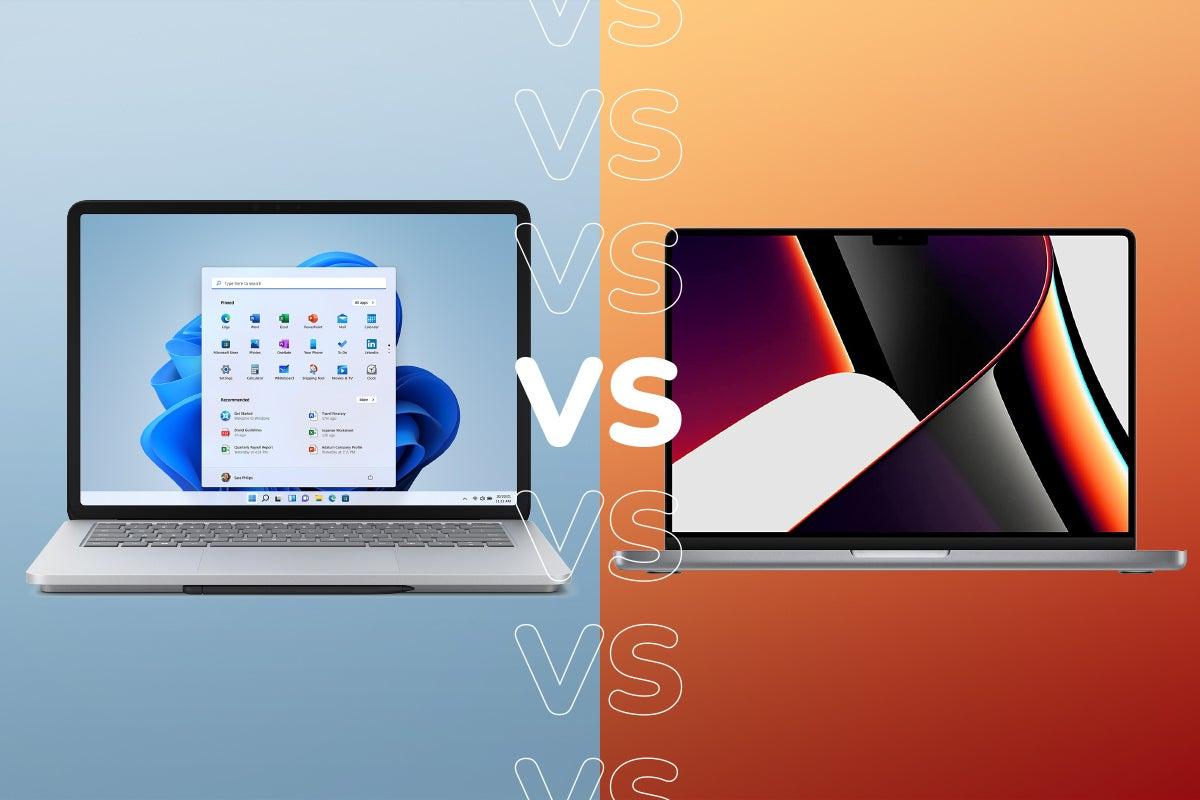Can I Use Laptop While Charging?

In today’s fast-paced world, it’s common to see people glued to their laptops, whether it’s for work, entertainment, or staying connected with others. And with the ever-increasing reliance on technology, the question of whether it’s safe to use a laptop while it’s charging has become a hot topic. So, can you really use your laptop while it’s plugged in? Let’s explore the facts and myths surrounding this common dilemma.
Using a Laptop While Charging: What You Need to Know
Using a laptop while it is charging is a common practice for many laptop users. However, there are a few important things you need to know to ensure the safety and optimal performance of your device.
Related: Best & Cheap Laptop Repair Service in Oman
1. Choose the Right Charger: Using a charger that is not compatible with your laptop can cause damage to the battery or even result in a dangerous situation. Always use the charger that came with your laptop or a certified replacement that meets the required specifications.
2. Maintain Proper Ventilation: When using your laptop while charging, it is crucial to maintain proper ventilation to prevent overheating. Make sure the laptop is placed on a hard, flat surface that allows airflow around the device. Avoid using your laptop on soft surfaces like beds or carpets, as they can block the air vents and cause the laptop to overheat.
In addition to these considerations, it is also important to note that using resource-intensive applications or running multiple programs simultaneously while charging can put additional strain on the laptop’s battery and may affect its overall lifespan. It is recommended to close unnecessary programs and limit multitasking to ensure optimal performance.
| Charging | Laptop Usage |
|---|---|
| ✔️ | ✔️ |
| ⚠️ | ✔️ |
| ✔️ | ⚠️ |
| ⚠️ | ⚠️ |
Remember, while it is generally safe to use a laptop while charging, it is important to follow these guidelines to ensure the longevity and safety of your device.
The Impact of Using a Laptop While Charging: A Detailed Analysis
Using a laptop while charging is a common practice among many laptop users. However, there has been much debate surrounding the impact of this habit on the laptop’s performance and battery life. In this detailed analysis, we will delve into the various factors that come into play when using a laptop while it is plugged in.
1. Battery Health: One of the main concerns when using a laptop while charging is the impact it has on the battery’s health. Continuous charging can lead to increased heat generation, which can degrade the battery over time. It is important to note that modern laptops are equipped with advanced charging circuits that prevent overcharging, but it is still advisable to unplug the laptop once it reaches a full charge to avoid unnecessary strain on the battery.
2. Performance: Another aspect to consider is the impact on the laptop’s performance. Some users may experience a slight decrease in performance when using their laptop while charging, especially if they are running resource-intensive tasks. This is due to the fact that the laptop is diverting power to both the charging process and the tasks at hand. However, this decrease in performance is usually minimal and may not be noticeable in day-to-day usage.
In conclusion, while using a laptop while charging may have some minor drawbacks, it is generally safe to do so as long as certain precautions are taken. Unplugging the laptop once it is fully charged and avoiding resource-intensive tasks can help maintain the battery’s health and ensure optimal performance. Ultimately, it is a matter of personal preference and usage habits.
Expert Recommendations for Using a Laptop While Charging
Expert Recommendations for Using a Laptop While Charging
When it comes to using a laptop while it’s charging, there are a few expert recommendations to keep in mind. While it may be tempting to plug in your laptop and continue using it without interruption, it’s important to be aware of the potential risks and take the necessary precautions. Here are some tips to help you make the most of your laptop charging experience:
1. Avoid heavy resource usage: While it’s generally safe to use your laptop while it’s charging, it’s best to avoid running resource-intensive tasks during this time. This includes activities like gaming, video editing, or running complex software. These tasks can generate a significant amount of heat, which may put additional strain on your laptop’s battery and charging system. Opt for lighter tasks such as web browsing or document editing instead.
2. Maintain proper ventilation: Heat is the enemy of electronic devices, and laptops are no exception. When using your laptop while it’s charging, make sure to place it on a flat, stable surface that allows for proper airflow. Avoid using your laptop on soft surfaces like beds or couches, as they can obstruct the vents and cause the laptop to overheat. Additionally, consider investing in a laptop cooling pad or using a laptop stand to enhance airflow and keep your device running smoothly.
To summarize, while using a laptop while it’s charging is generally safe, it’s important to exercise caution. Avoid heavy resource usage and ensure proper ventilation to prevent overheating and potential damage to your laptop. By following these expert recommendations, you can make the most of your laptop charging experience without compromising its performance or longevity.
Dos and Don’ts: The Best Practices for Using a Laptop While Charging
Using a laptop while it is charging is a common practice for many people. However, there are certain dos and don’ts that you should keep in mind to ensure the best performance and safety of your device.
Dos for Using a Laptop While Charging:
- Do use a genuine charger: Always use the charger that comes with your laptop or a compatible charger recommended by the manufacturer. Using a cheap or counterfeit charger can damage your laptop and pose a safety risk.
- Do provide proper ventilation: Make sure that your laptop is placed on a flat, hard surface that allows for adequate airflow. This helps prevent overheating, which can negatively impact the performance and lifespan of your device.
- Do adjust your power settings: To optimize your laptop’s performance while charging, adjust the power settings to high performance mode. This ensures that your laptop is utilizing its full potential and delivers the best performance while plugged in.
- Do take breaks: If you are using your laptop for an extended period while charging, it is advisable to take short breaks to allow the device to cool down. This helps prevent overheating and ensures that your laptop remains in good working condition.
- Do keep your laptop clean: Regularly clean your laptop’s vents and fans to prevent dust buildup, which can obstruct airflow and cause overheating. Use a soft, lint-free cloth to wipe the surface of your laptop and avoid using harsh cleaning agents.
Don’ts for Using a Laptop While Charging:
- Don’t use your laptop on soft surfaces: Avoid using your laptop on surfaces such as beds, sofas, or pillows, as they can obstruct airflow and cause overheating. Always use a hard, flat surface for optimal ventilation.
- Don’t expose your laptop to extreme temperatures: Keep your laptop away from direct sunlight, heaters, or other sources of extreme heat, as it can damage the battery and other internal components.
- Don’t leave your laptop unattended while charging: It is important to be cautious and never leave your laptop unattended while it is charging. This reduces the risk of accidents and ensures the safety of your device.
- Don’t overload your laptop: Avoid running heavy applications or software while charging your laptop, as it can put excessive strain on the battery and decrease its lifespan. Opt for lighter tasks or give your laptop a break for optimal performance.
- Don’t ignore warning signs: If you notice any strange noises, overheating, or other warning signs while using your laptop while charging, it is crucial to address the issue promptly. Ignoring these signs can lead to further damage and potential safety hazards. In conclusion, using your laptop while it is charging is generally safe, but there are some precautions to keep in mind to ensure the longevity and safety of your device. It’s important to use a genuine charger, avoid overcharging, and maintain good ventilation to prevent overheating. By following these guidelines, you can enjoy the convenience of using your laptop while it charges without compromising its performance or safety. So go ahead, plug in and power up your laptop, but remember to handle it with care.



